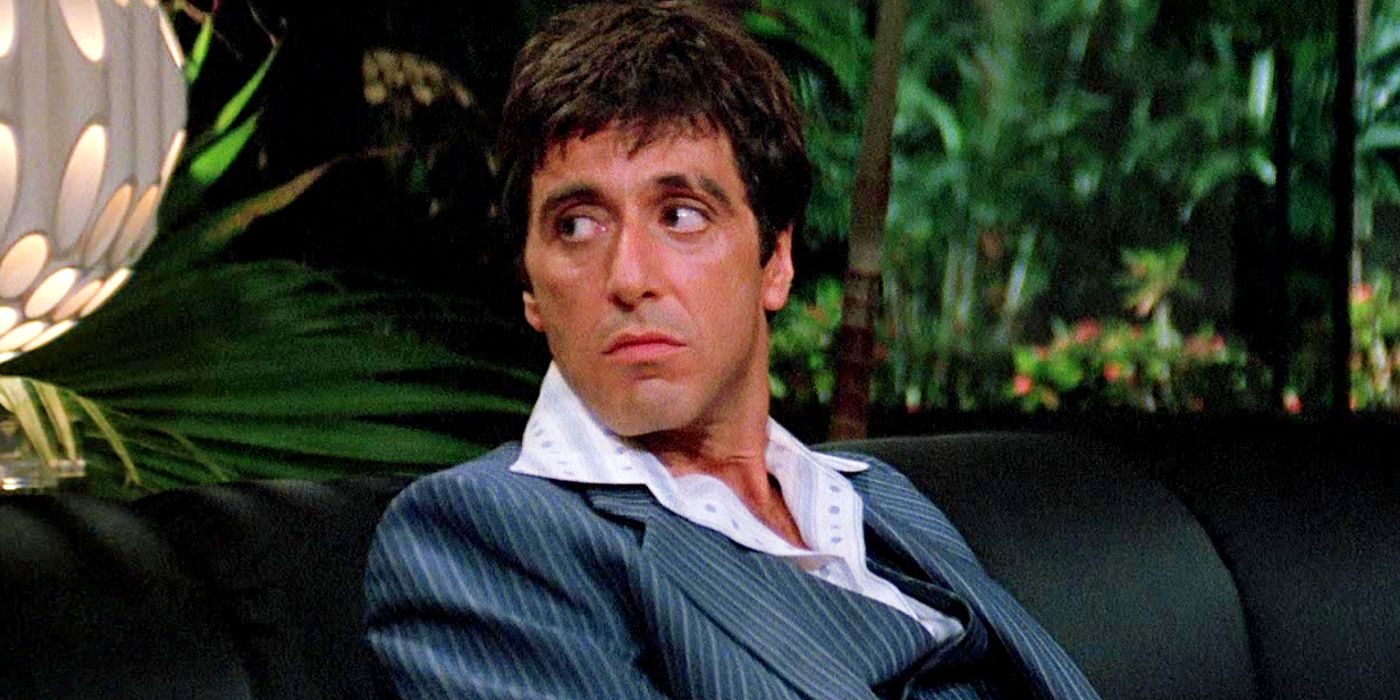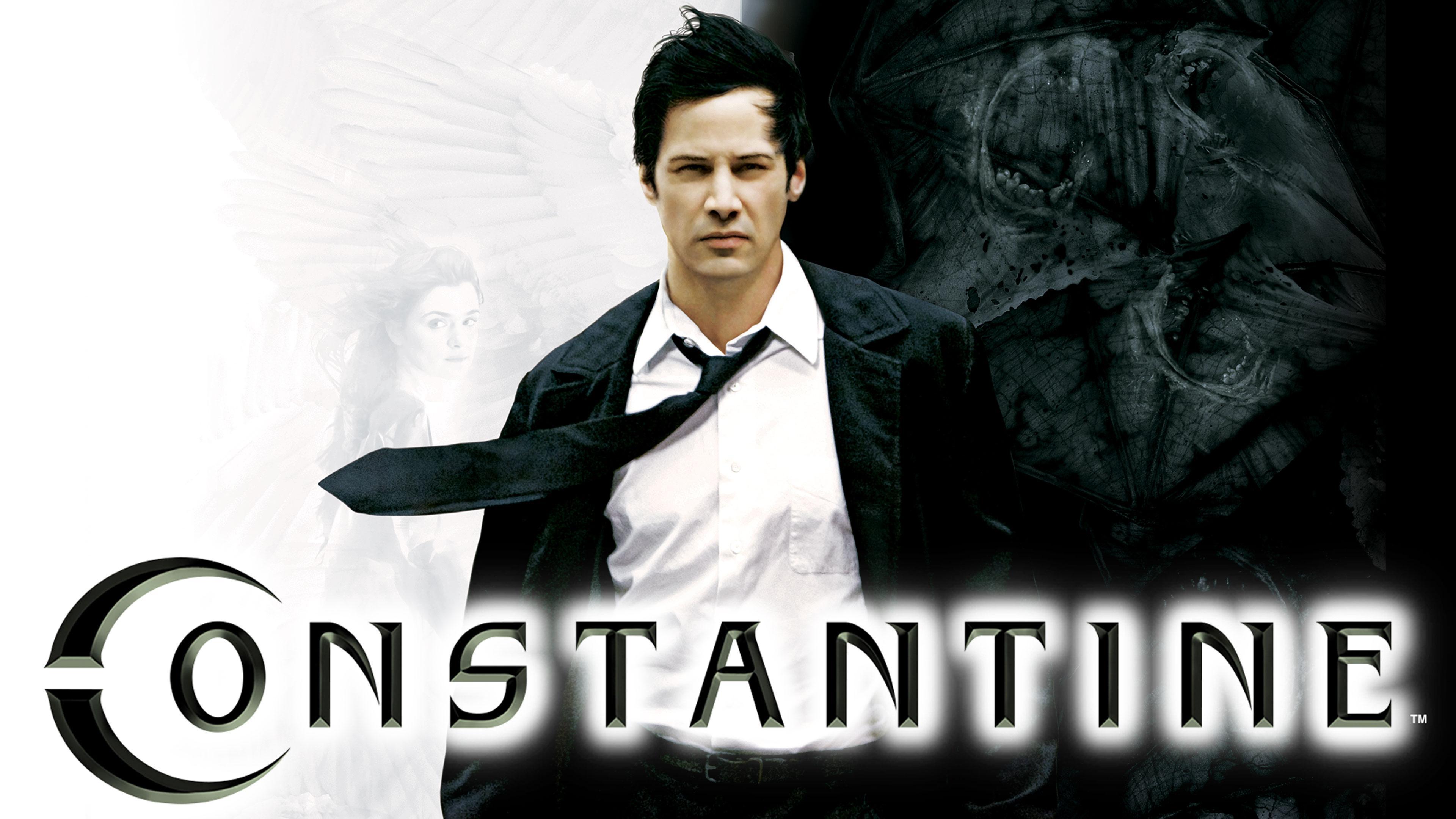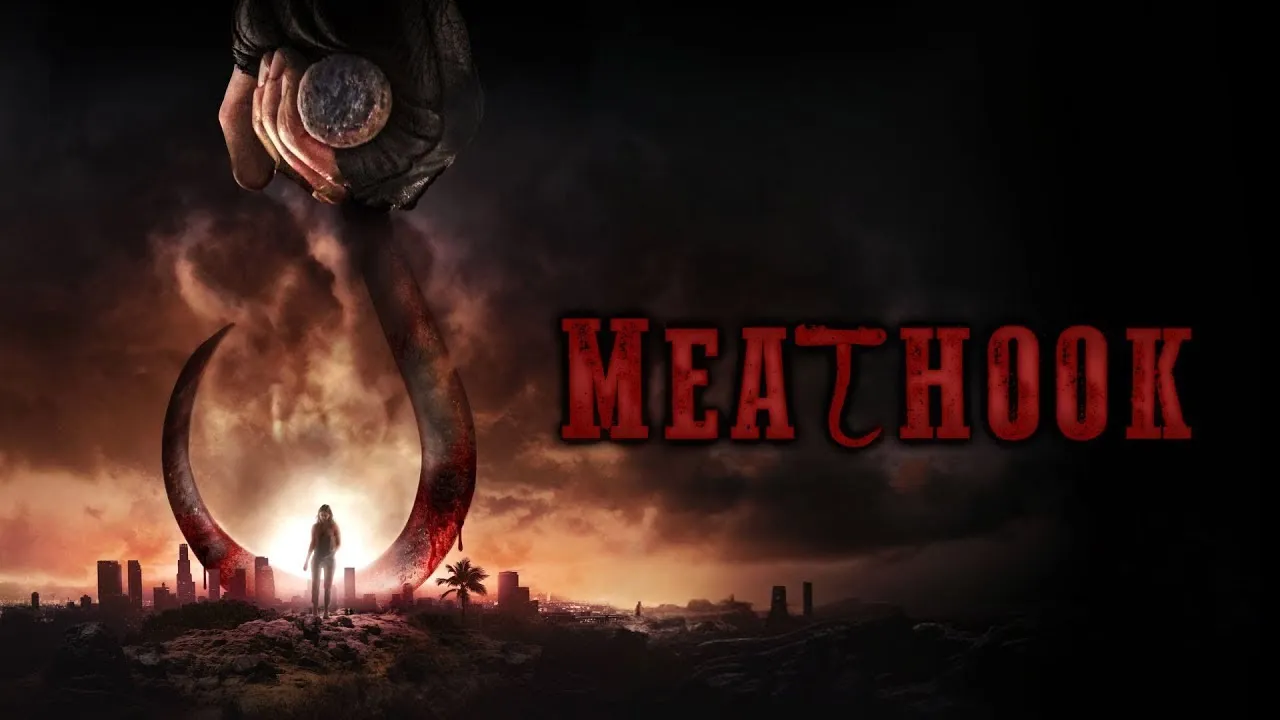Scarface (1983), directed by Brian De Palma and written by Oliver Stone, is one of the most iconic gangster films in cinema history. A bold, violent, and unforgettable tale of ambition and destruction, it tells the story of Tony Montana, a Cuban immigrant who rises from nothing to become a drug kingpin in 1980s Miami—only to be consumed by the same power he fought so hard to obtain.

Al Pacino stars as Tony Montana in a larger-than-life performance that has become legendary. Brash, brutal, and unrelenting, Tony is introduced as a man with nothing to lose. After arriving in the U.S. during the Mariel boatlift, he quickly rises through the ranks of the criminal underworld thanks to his fearless attitude and complete disregard for morality.
Driven by a desire for wealth, power, and respect, Tony builds an empire on cocaine and bloodshed. Along the way, he alienates allies, destroys relationships, and becomes increasingly paranoid. His obsession with control, especially over his sister Gina and his trophy wife Elvira (Michelle Pfeiffer), reveals a man who has gained the world—but lost his soul.

Scarface is not subtle. It’s loud, extravagant, and soaked in excess—much like the era it portrays. From the neon lights of Miami to the gold-covered mansions and machine guns, the film revels in the corruption and chaos of its world. But beneath the surface lies a cautionary tale about the cost of greed and the illusion of the American Dream.
De Palma’s direction and Stone’s script pull no punches. The film’s violence is raw and unfiltered, and its dialogue is filled with unforgettable lines—none more famous than Tony’s defiant cry: “Say hello to my little friend!” The soundtrack, composed by Giorgio Moroder, captures the flashy yet dangerous mood of 1980s Miami.

Upon release, Scarface was controversial for its graphic content and depiction of drug culture. But over time, it gained a cult following and is now recognized as a modern classic. It has influenced music, fashion, and pop culture for decades, particularly in hip-hop and street art.
In the end, Scarface is more than just a crime film—it’s a character study of unchecked ambition and moral decay. Tony Montana is both a monster and a symbol, a man who climbed to the top only to find nothing there but paranoia, addiction, and death. A brutal masterpiece, Scarface is unforgettable, uncompromising, and still resonates with audiences today.



